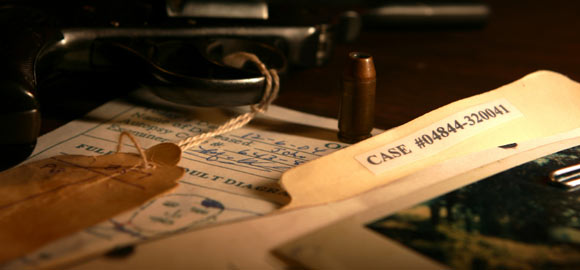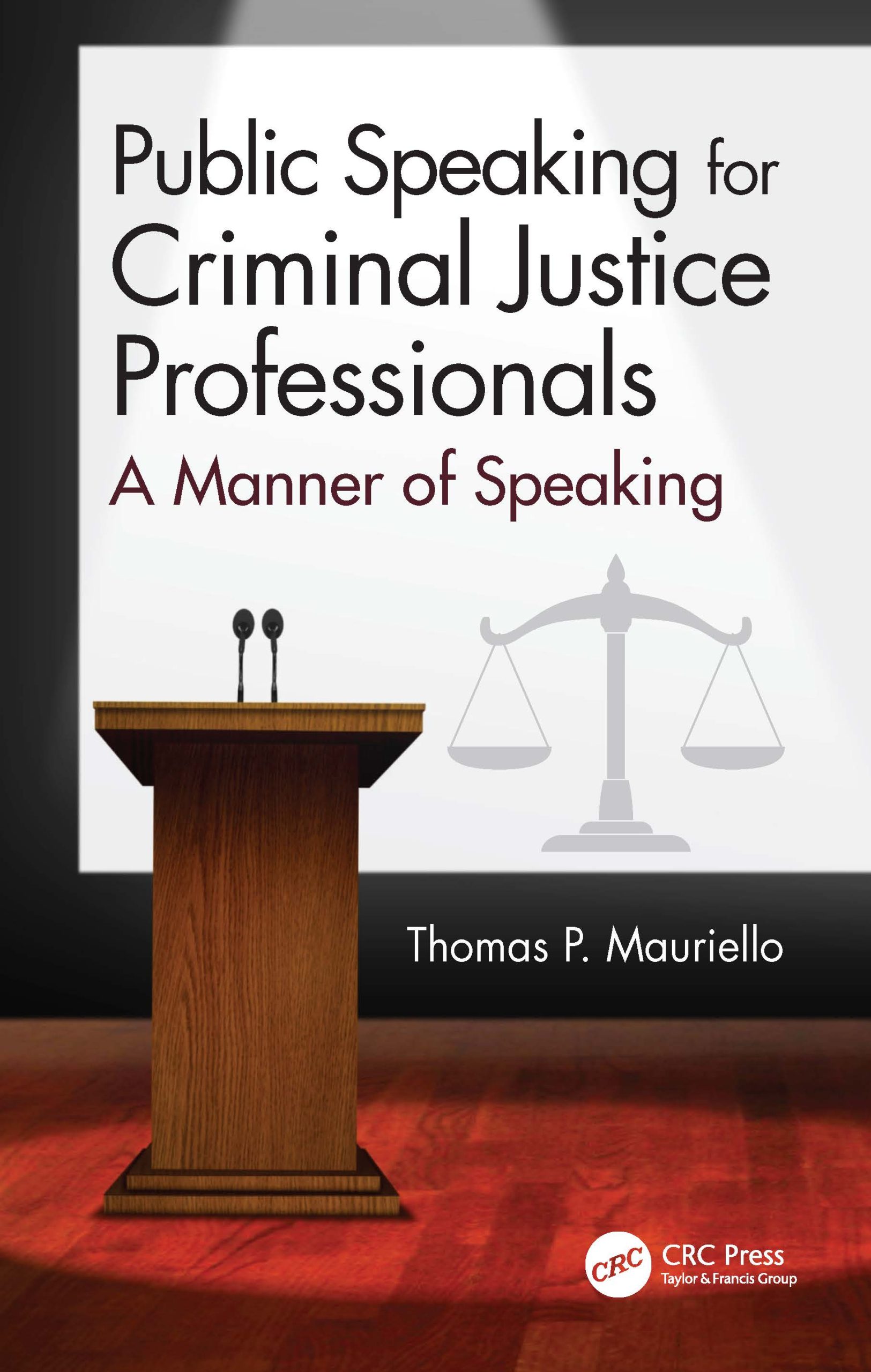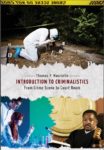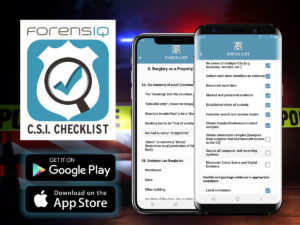Forensic Strategy is a global approach to evaluate an investigation from the crime scene to the crime lab. It is the examination of the strengths and the identification of the weaknesses of a case to evaluate its merit and determine a plan of action from which to go forward.
It includes, but is not limited to:
- Crime Scene examination
- Evidence identification
- Case file assessment
- Witness Statement analysis
- Trial transcript review
- Forensic laboratory results interpretation
The methodology begins by first examining the entire investigation as a process of activities conducted by multiple players and functions, and managed by sub-processes. An investigation is a series of actions taken to produce a specific output. The output can range from a case being administratively cleared or unfounded; establishing probable cause to make an arrest; a negotiated plea agreement; a guilty plea; or a finding of guilt or innocence by a trier of fact. Therefore, ForensIQ uses the concept of process management for their complete examination of a case.
ForensIQ takes this business management approach to accomplish their work by evaluating the way processes flowed, rather than how individual functions were completed. The contemporary business world is replete with references to the concept of process. A process in terms of an investigation begins with the reporting of an offense and ends with the final adjudication of the case. It encompasses a number of functions, such as: the taking of an initial report; a preliminary investigation; interviewing witnesses; crime scene processing; collecting and preserving evidence; examining evidence; collecting data; and case preparation. The number of functions within the process of an investigation differs from crime to crime and from case to case. The goal of the forensic strategist is to study what was done with what should have been, and then evaluate the outcome.
Process players are: complainants, victims, witnesses, uniformed police officers, police investigators, evidence technicians, medical examiners, emergency medical technicians, forensic scientists, lawyers, witnesses, juries and judges. In most jurisdictions, the process players work independent from one another, are managed separately, and as a result may not share common goals.
This is the benefit of the Forensic Strategist, who independently reviews the functions of each as it relates to the overall process activity. The result is a clear view of:
- how legal and scientific data is associated with the outcome of a case;
- where the weaknesses are;
- what forensic experts may be needed; and
- a way forward to proceed







